17 global goals, hundreds of ways we are working towards them
The 2030 Agenda for Sustainable Development agreement set 17 global goals to achieve peace and prosperity for all. University of Otago was the first New Zealand university to sign the international SDG Accord, and is actively contributing to these goals through its research, teaching and operations. Below are some highlights from the University of Otago, which are positively contributing to the United Nation's Sustainable Development Goals.
No poverty
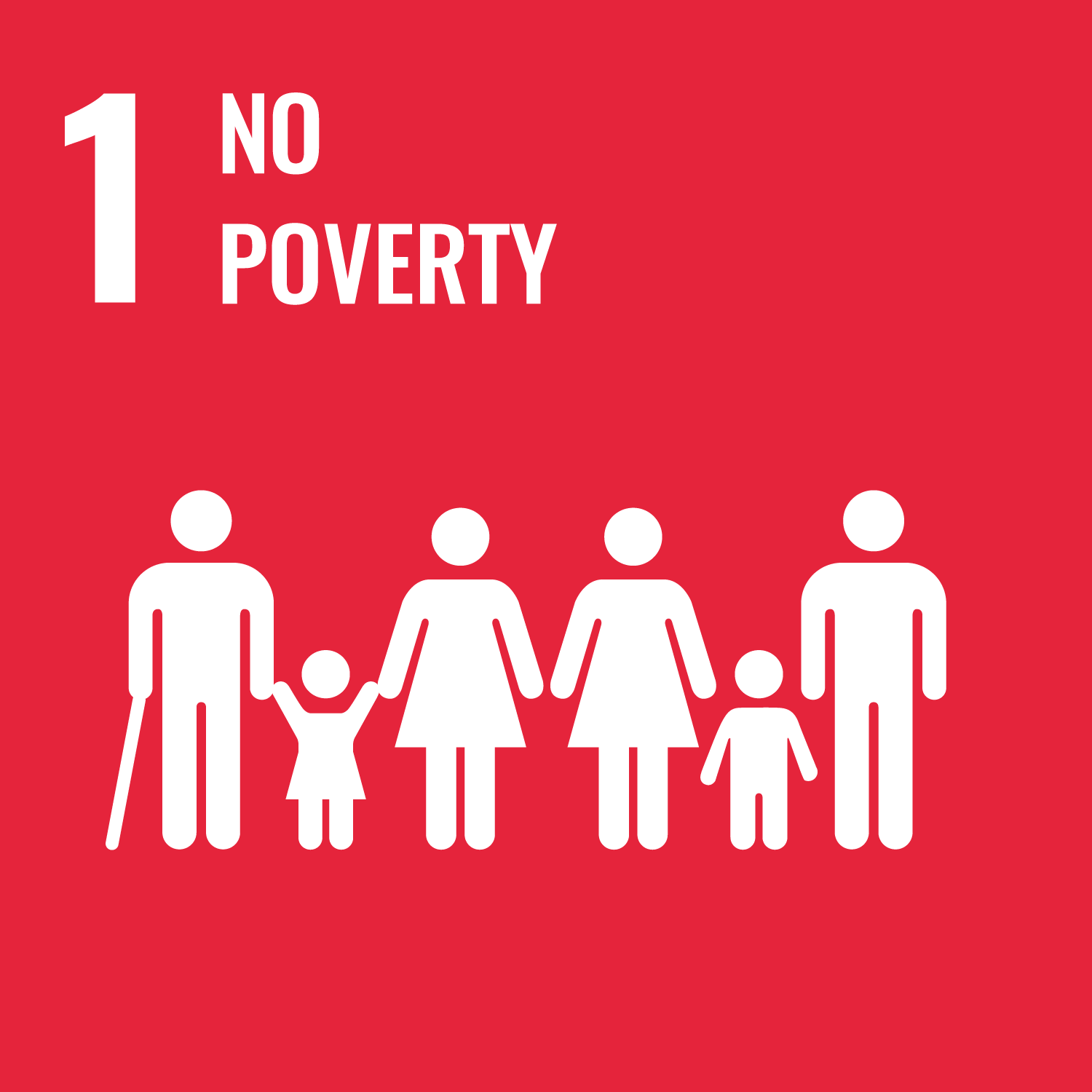
End poverty in all its forms everywhere
The University provides a wide range of support mechanisms to reduce financial hardship for its students, including over 500 diverse scholarships each year and relief grants such as the Student Student Hardship Fund and Student Emergency Fund.
In 2020 the University launched the Pūtea Tautoko student hardship fund in response to the impact of the Covid-19 pandemic, which is the largest hardship initiative in the University's history.
Otago participates in the New Zealand Government's Aid Programme, which provides scholarships to citizens of developing countries for tertiary study in New Zealand. The purpose of these scholarships is to build capacity to contribute to sustainable development in their home country, including the reduction of poverty.
University research into poverty reduction includes significant input into the annual Child Poverty Monitor report, and the New Zealand Index of Socioeconomic Deprivation, which was developed at Otago. We contribute to policy making nationally and globally via research centres such as the Otago Global Health Institute, Centre for Sustainability and Centre for Sustainable Cities.
Zero hunger
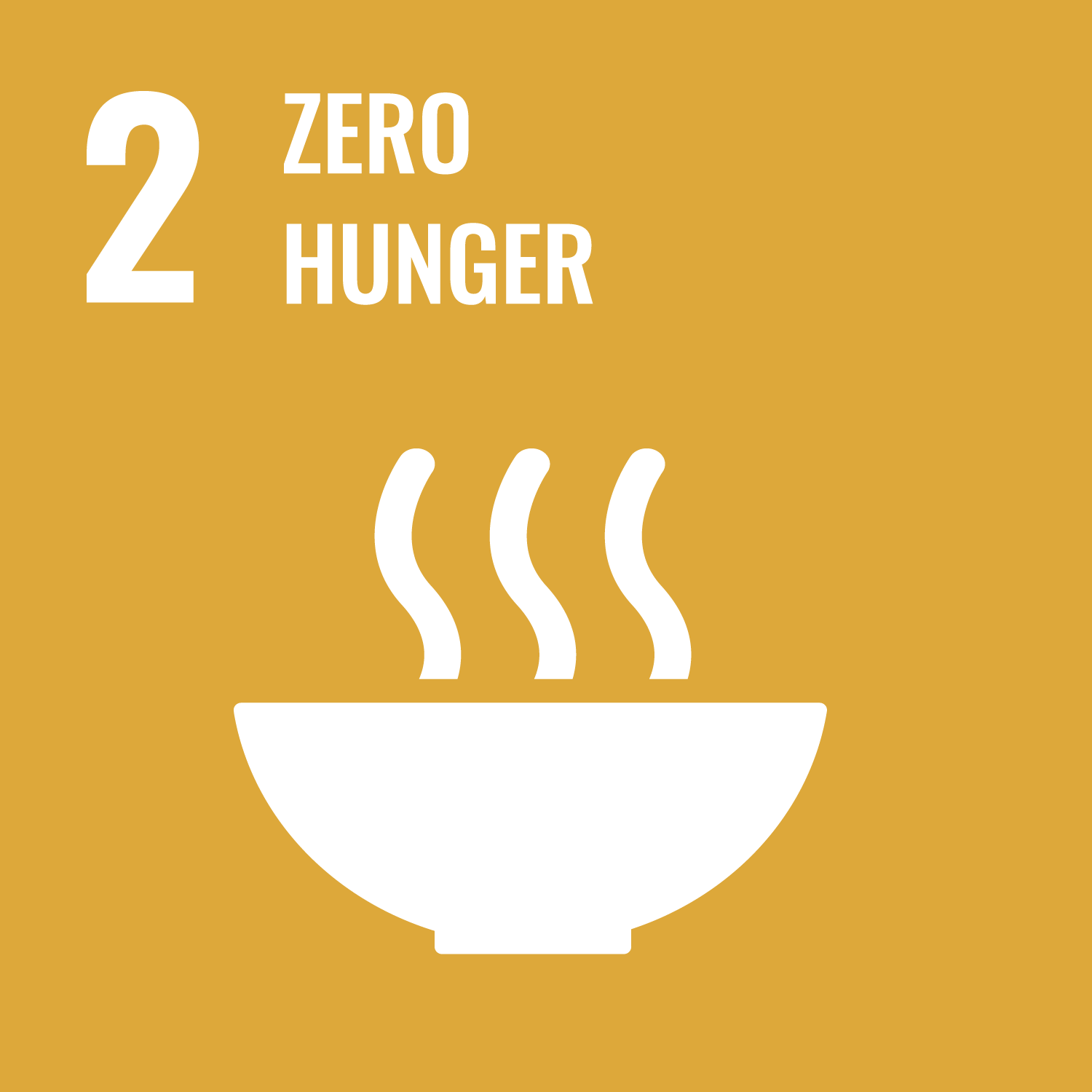
End hunger, achieve food security and improved nutrition and promote sustainable agriculture
The University of Otago Student's Association runs a Student Support Foodbank; provides free breakfast, cheap $3 lunches, and weekly vegetable markets throughout the year; and operates a Hardship Fund and Emergency Fund.
In 2019 we launched a new programme in Agriculture Innovation, and our researchers work closely with farmers through Ag@Otago. The Department of Marine Science provides research expertise in sustainable aquaculture.
The University of Otago was the first New Zealand university to gain Fairtrade accreditation in 2013, and we are committed to supporting sustainable food systems.
Good health and well-being
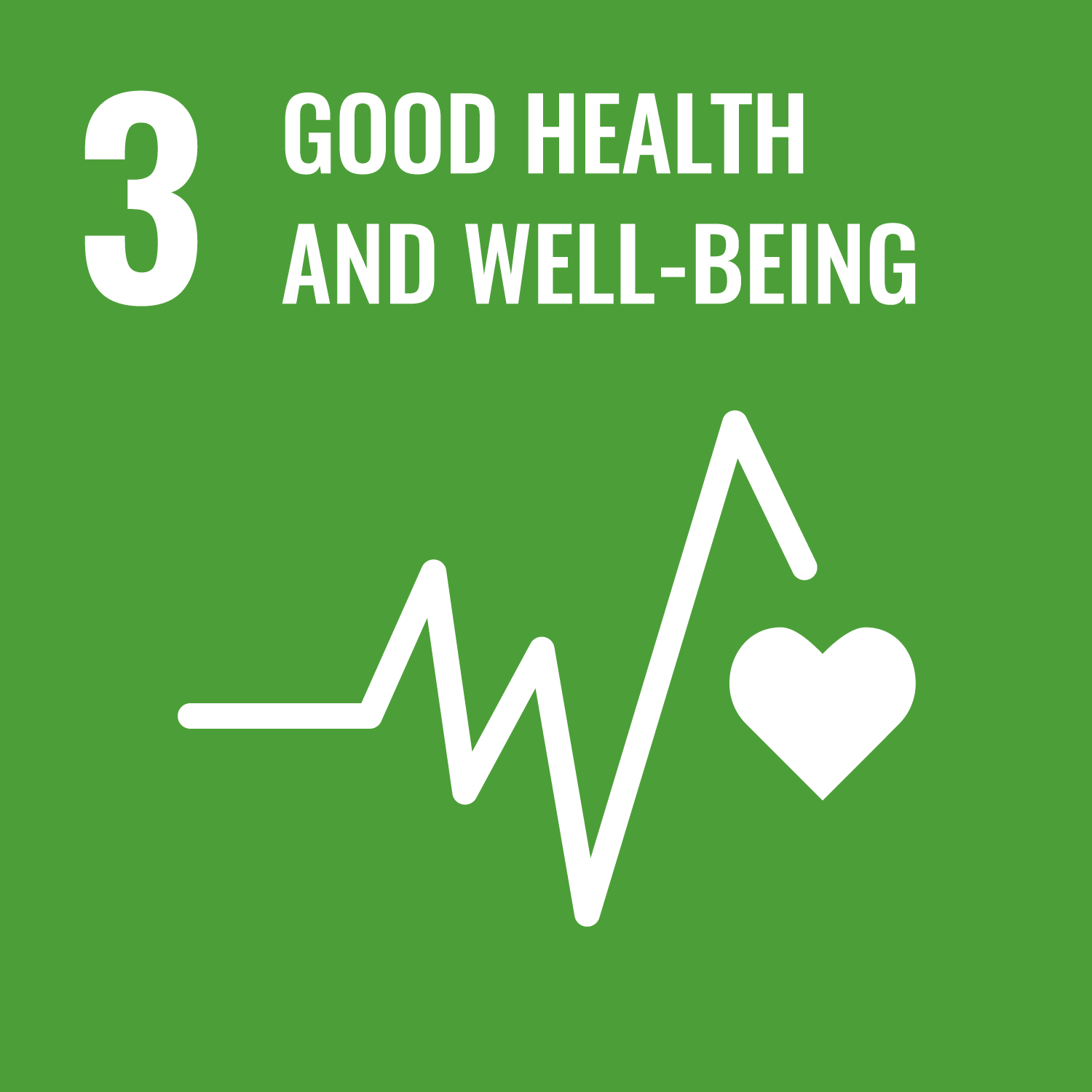
Ensure healthy lives and promote well-being for all at all ages
The University is internationally recognised in the Health Sciences, with three specialist health campuses, and leading research and teaching in many areas.
We host or partner in a multitude of health research centres, including the Otago Global Health Institute, Centre for International Health, and One Health Aotearoa. Training future generations of medical, dentistry and allied health professionals is an ongoing focus.
A large, dedicated Student Health centre and a team of chaplains and counsellors are available to students. Otago's students are heavily active in this space, including the student-led Silverline Festival to build mental health, Ka Rikarika a Tāne (Māori student mentoring programme), the Locals Programme and Riding for the Disabled.
The University delivers multiple outreach programmes and projects in the local community, and the Social Impact Studio enables students and staff to volunteer on projects that address social issues including mental health and well-being.
Quality education
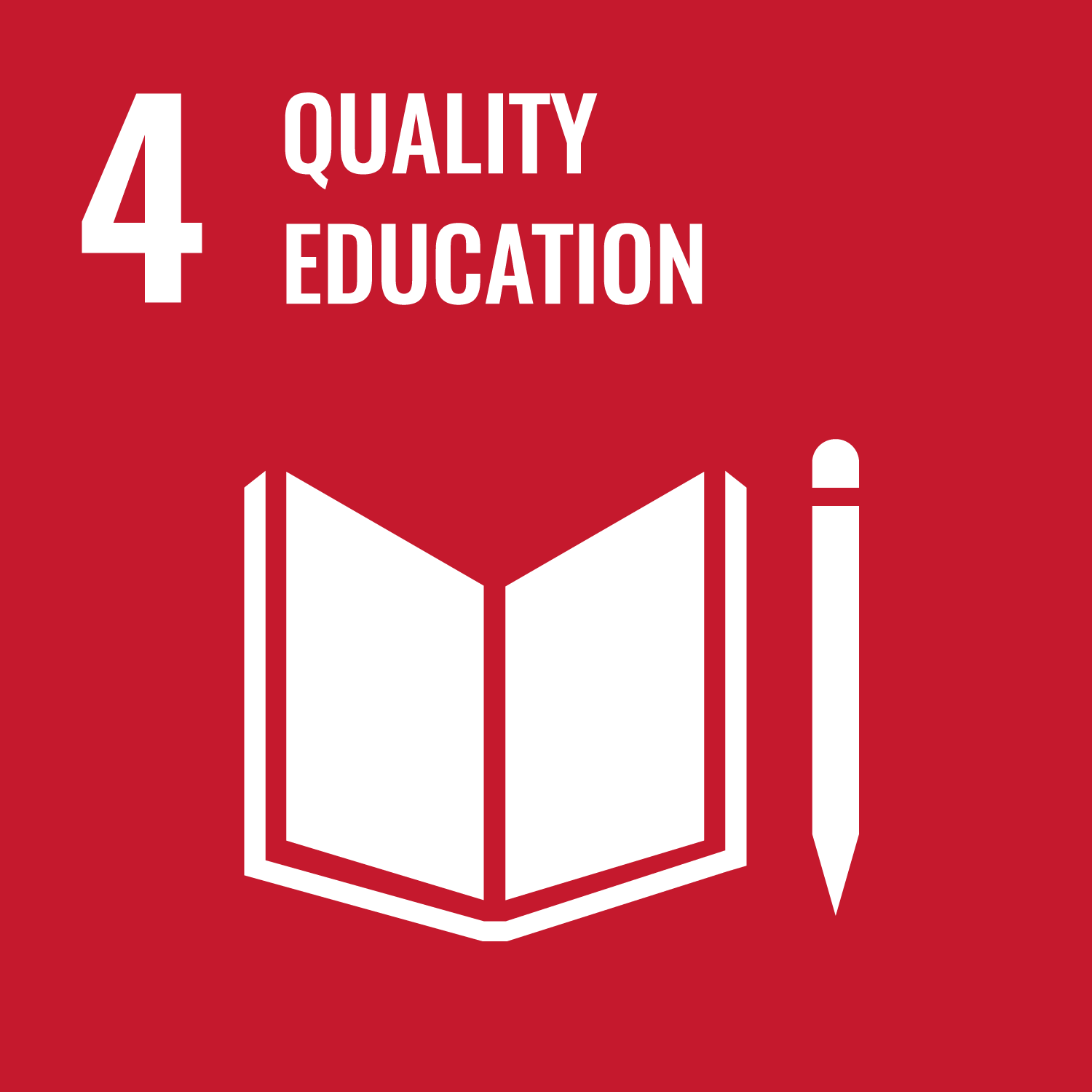
Ensure inclusive and equitable quality education and promote lifelong learning opportunities for all
Aspiring for high quality in all education, our College of Education trains hundreds of teachers, and improves the teaching profession and school curricula.
We support a wide range of outreach programmes such as the Socioeconomic Equity Project, and lifelong learning opportunities through Summer School, continuing education and the University of the Third Age.
Our students put in 20,000 volunteer hours a year supporting their peers and future students through programmes like Aspire, Reading Oasis, Student Learning Development and SOULS Second Year Law Mentoring.
Each year Otago hosts over 500 events that are open to the general public, including lectures and seminars.
Gender equality
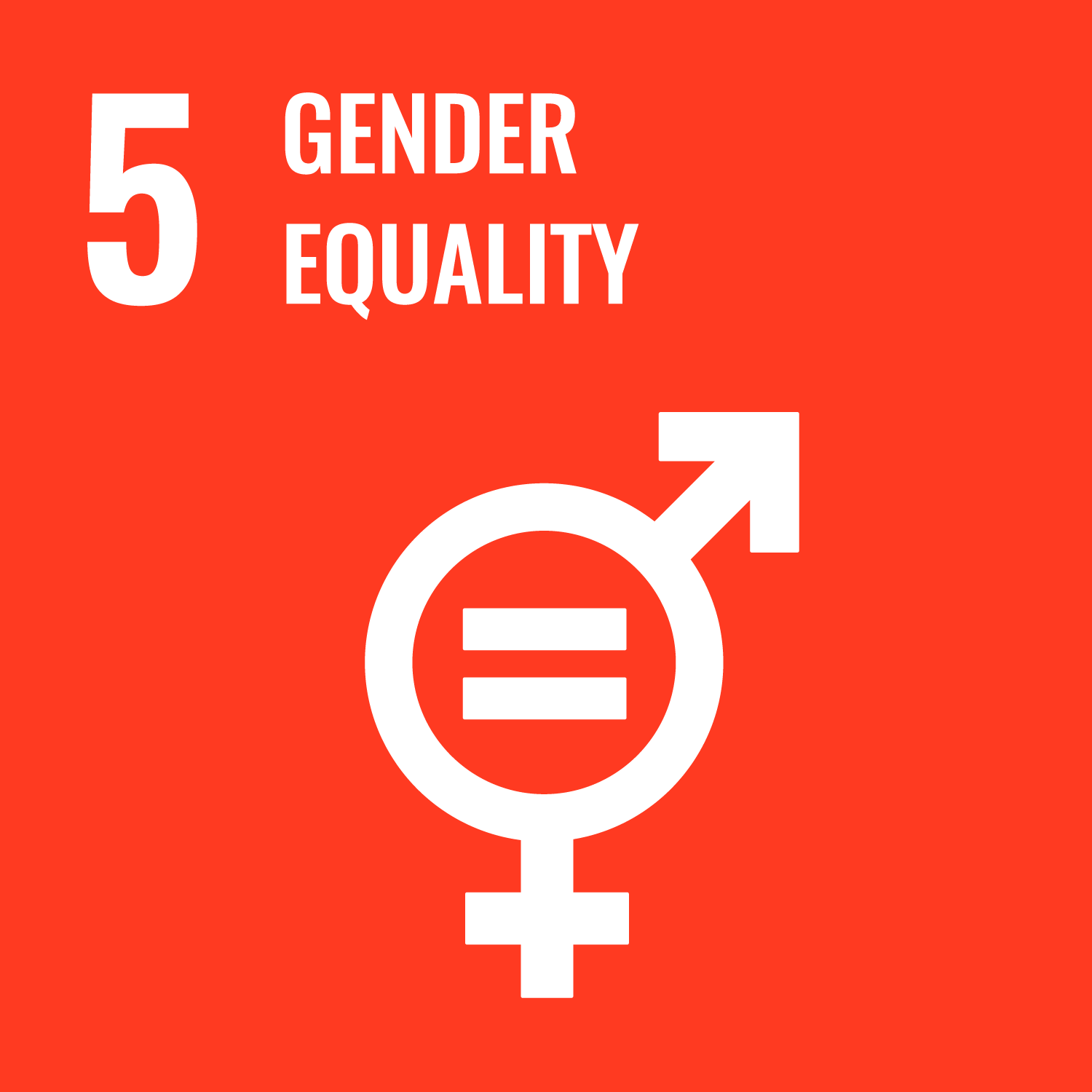
Achieve gender equality and empower all women and girls
The majority of our student cohort is now female, with high levels of access, participation and achievement.
The University offers scholarships for female students, and mentoring and targeted support in subjects where they are underrepresented, such as computer science.
Otago is a key supporter of the ShadowTech programme, which provides female secondary school students with an opportunity to experience what working in the tech sector is like.
Other initiatives include the Women in Leadership programme and the Academic Women's Professional Development Programme.
We provide a comprehensive and inclusive parental leave policy, and the Otago University Childcare Association has five childcare centres on campus.
University policies outline our commitment to non-discrimination, equity, diversity and anti-harassment, and we provide support for transgender staff and students and guidelines for gender transitioning at work.
Clean water and sanitation
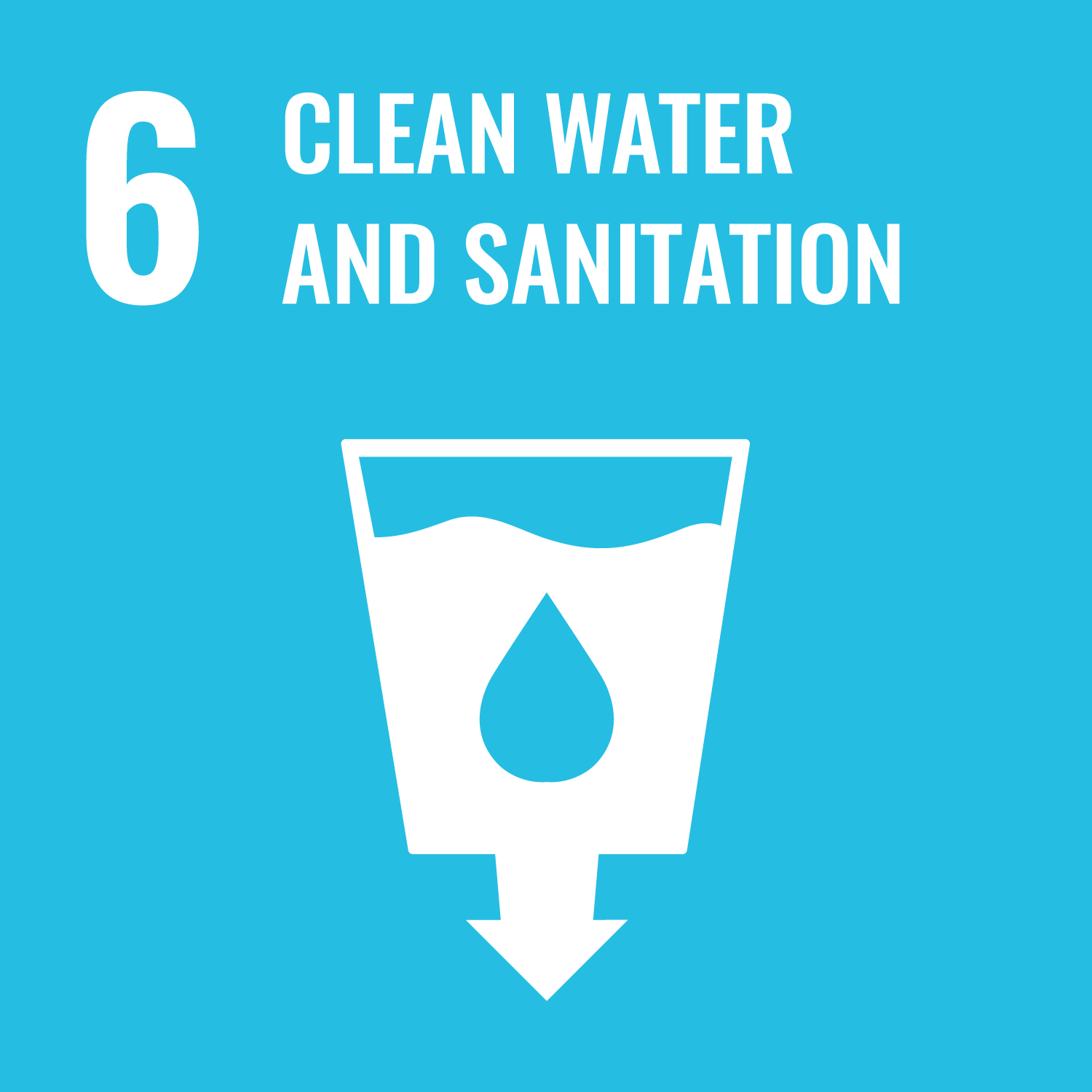
Ensure availability and sustainable management of water and sanitation for all
The University is committed to minimising water consumption, through conservation and efficiency measures, water reuse and recycling, and new campus buildings are being built using Green Building Standards.
We work alongside Otago institutions, councils, businesses and groups as part of the United Nations Regional Centre of Expertise for Sustainability; plans include developing educational experiences and resources around water efficiency, use and availability for local communities.
Catchments Otago is a multi-disciplinary University of Otago research initiative, which aims to support equitable and appropriate land and water management within the Otago and Southland regions.
We are tackling clean water and sanitation nationally and globally via other research initiatives such as One Health Aotearoa and the Otago Global Health Institute.
Affordable and clean energy
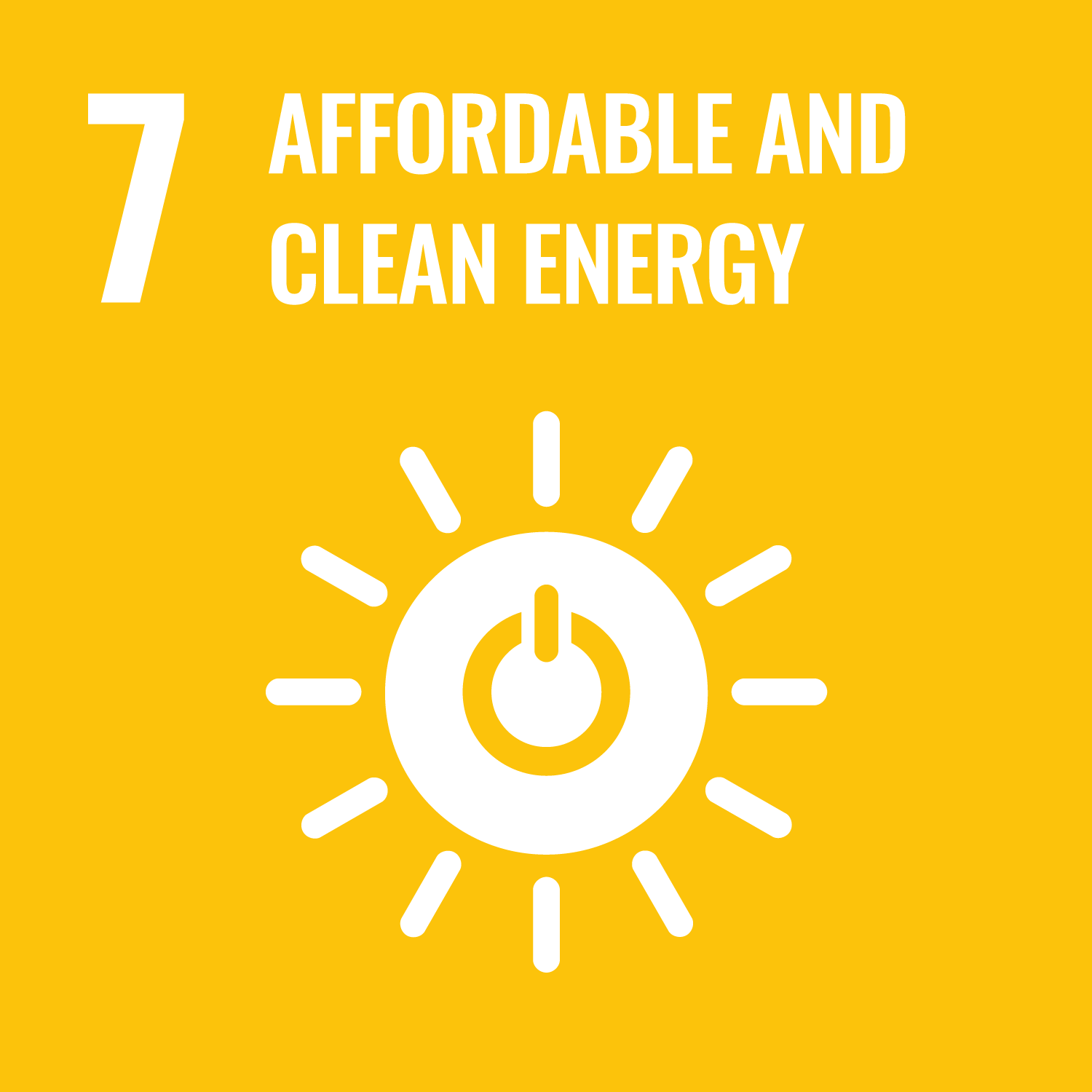
Ensure access to affordable, reliable, sustainable and modern energy for all
University of Otago's agreement with Pioneer Energy is one of the first steps on its journey to using 100 per cent renewable energy sources by 2030.
In 2019 the University embarked on a large-scale programme to significantly reduce its energy use and greenhouse gas emissions. The programme involves upgrading existing building management systems, aligning energy controls with timetabling, and creating visibility over energy use at the University.
We provide services to local industry aimed at improving energy efficiency and clean energy, and inform and support government through the Otago Energy Research Centre, Centre for Sustainability, and NZ Centre for Sustainable Cities.
The University runs free energy seminars open to the public through the Otago Energy Research Centre.
Decent work and economic growth
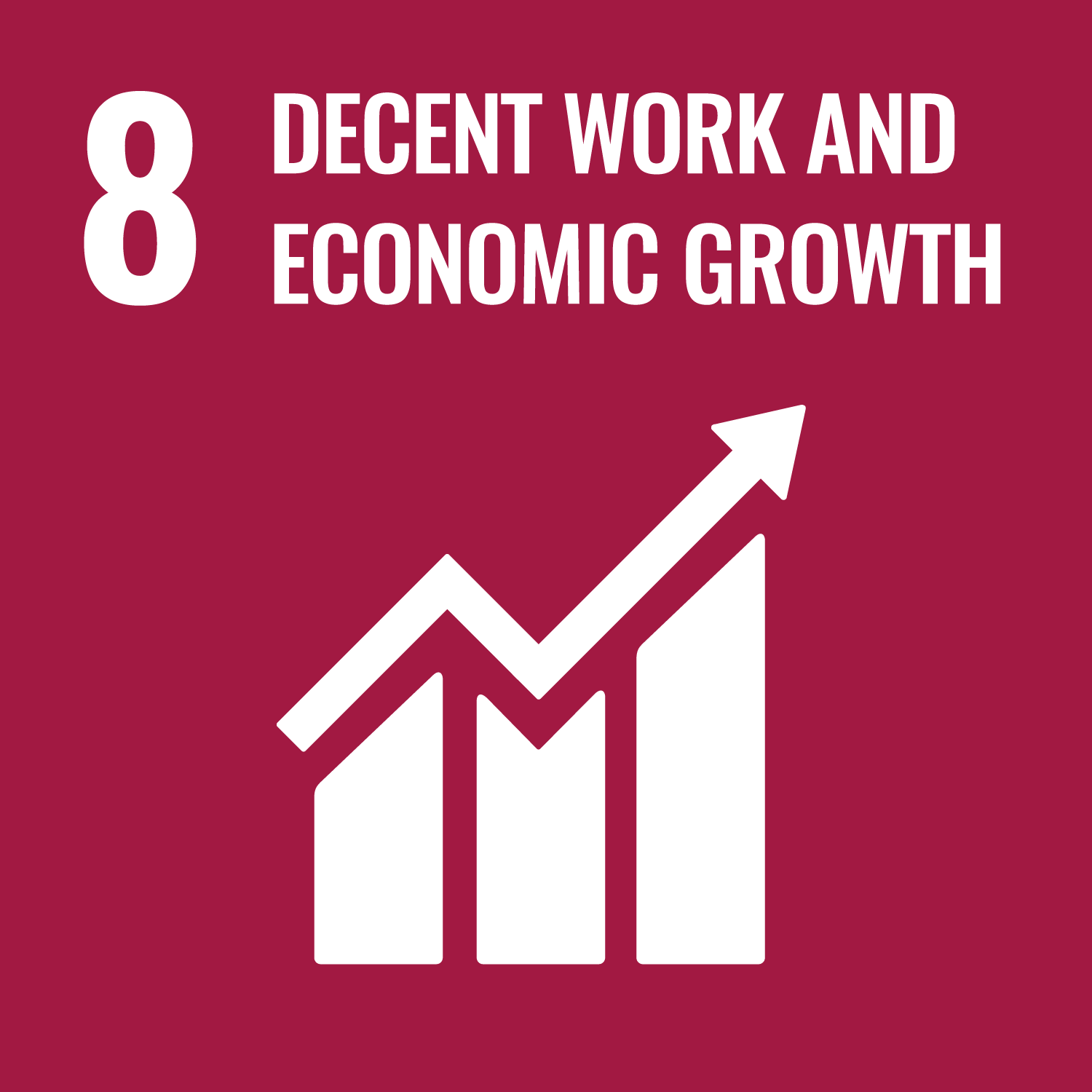
Promote sustained, inclusive and sustainable economic growth, full and productive employment and decent work for all
The University is contributing more than one billion dollars to the Dunedin and New Zealand economies, directly employing 4,000 staff and creating a foundation for sustainable economic growth. We are training thousands of students for future work opportunities, and involved with research and outreach programmes to strengthen the green and circular economies.
The University is committed to strong anti-discrimination and ethical behaviour standards, good working conditions and employment security.
The University of Otago recognises unions and labour rights for all, and is a member of Diversity Works New Zealand. We measure pay scale gender equity, which is reported in the annual Staff Equity Demographics Report.
Student business consultant programme Ignite strengthens dozens of local companies and not-for-profits.
Industry, innovation and infrastructure
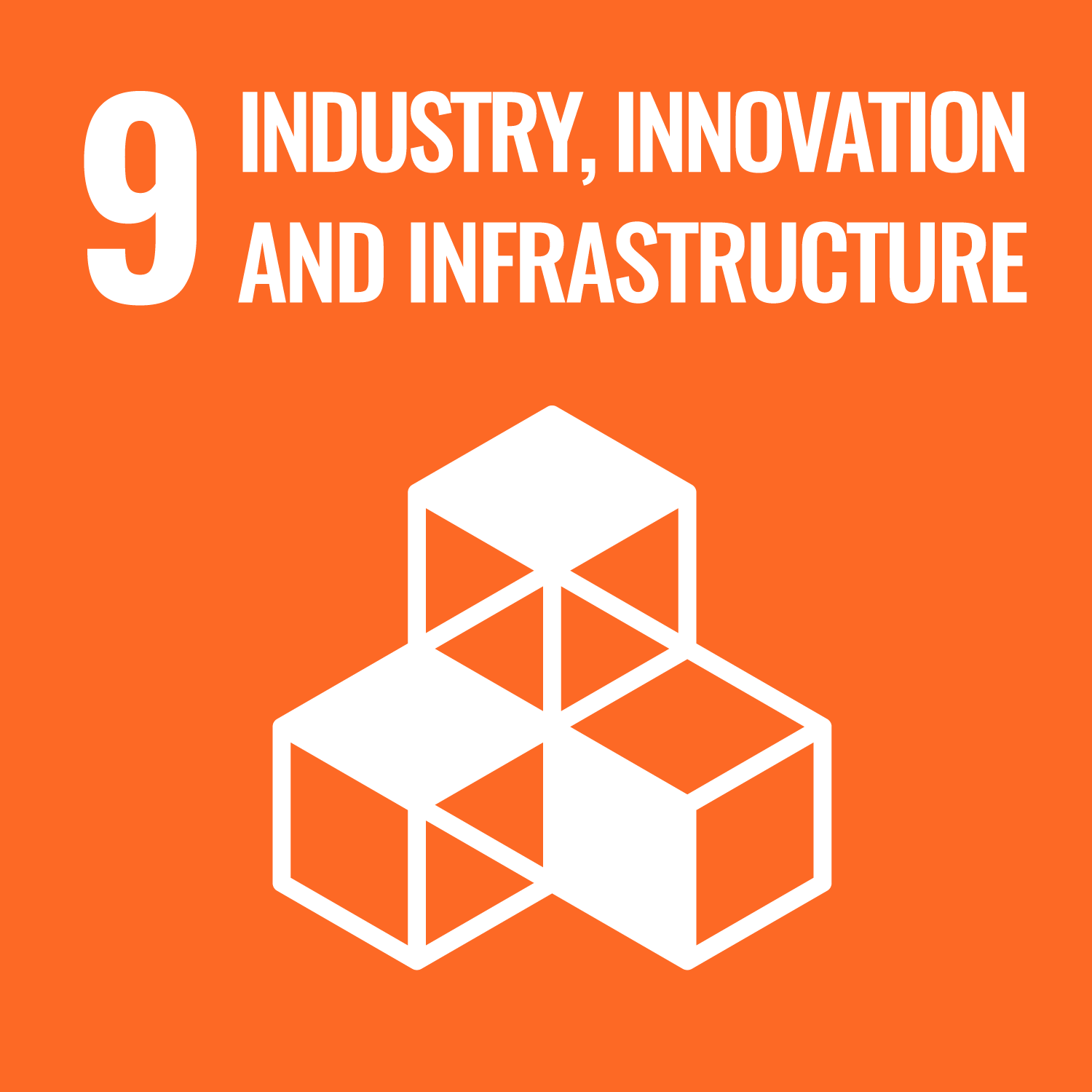
Build resilient infrastructure, promote inclusive and sustainable industrialization and foster innovation
We are partnering with industry to develop new technologies, upgrade efficiency and sustainability.
Otago Innovation, The Centre for Innovation and Start-Up Dunedin nurture start-ups and spin-off companies built on Otago research.
Spin-offs range from medical diagnostics including Covid-19 testing, to disease management, pharmaceuticals, dental and surgical materials, farming, and industrial hazard management.
Reduce inequalities
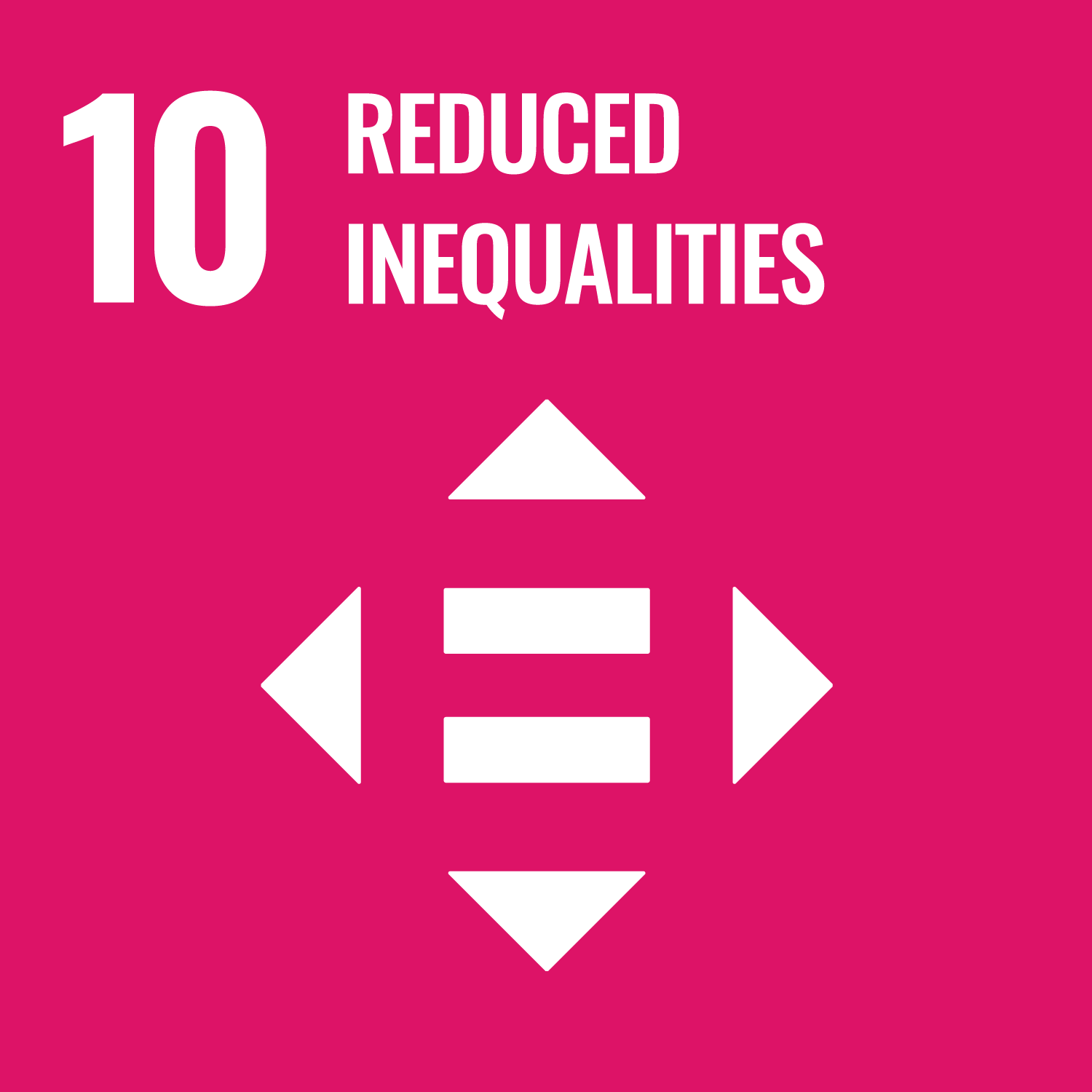
Reduce inequality within and among countries
We are producing leading research into reducing social, health and economic inequality; and training the next generation of leaders for developing countries in partnership with NZAid.
The University is committed to non-discrimination, equity and diversity in relation to student recruitment, and promotes and facilitates academic equity for students from under-represented groups.
The Aspire Programme aims to inspire students from low-decile schools to engage with the university campus and further education. Otago's Socioeconomic Equity Project supports students from low-decile schools to progress into health professional programmes.
We uphold strong equal-opportunity employment policies, and offer support for staff and students from under-represented groups, and those living with disabilities. We are constantly upgrading the accessibility of our campuses, and our residential colleges and flats provide for students with disabilities.
Sustainable cities and communities
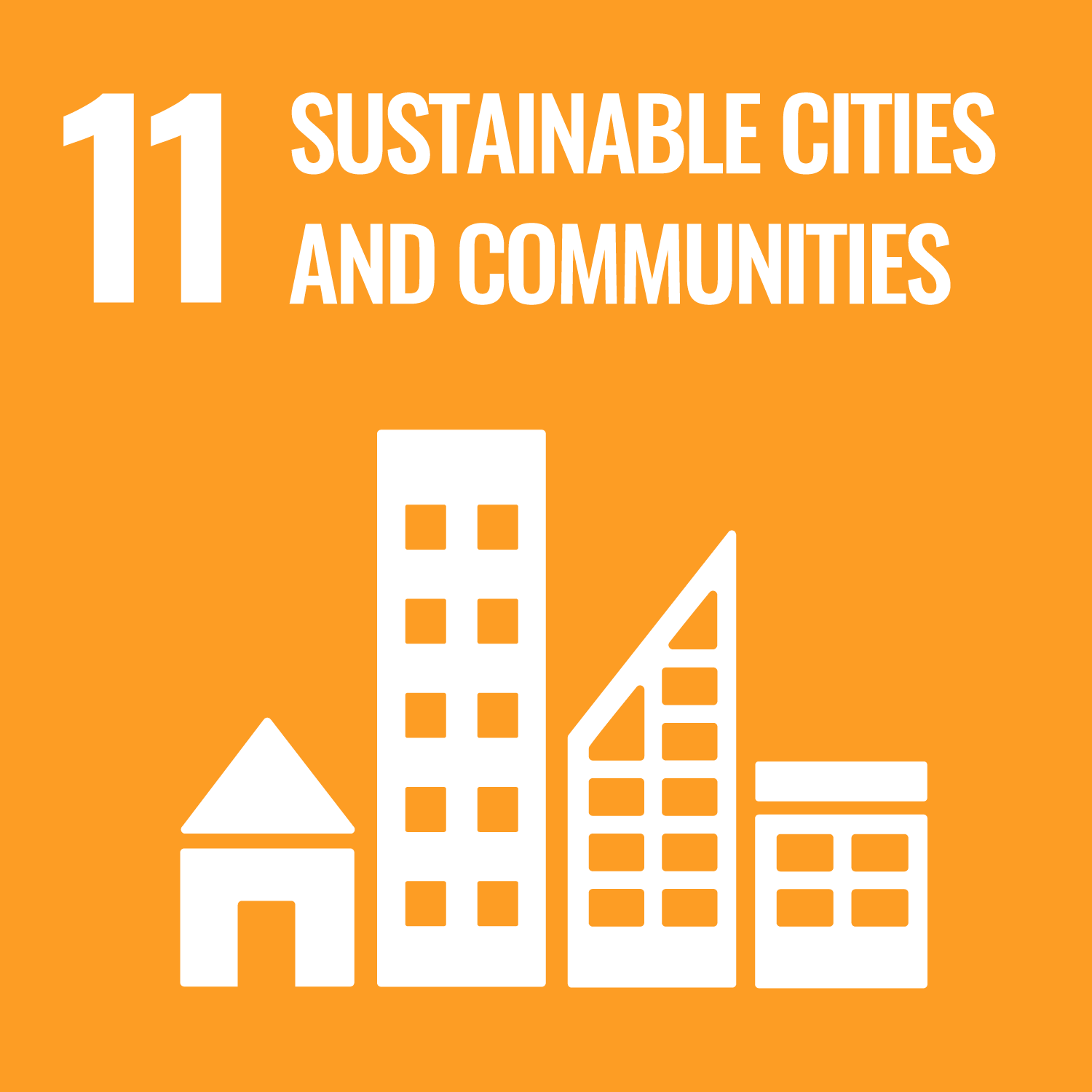
Make cities and human settlements inclusive, safe, resilient and sustainable
Otago contributes research and national leadership through the New Zealand Centre for Sustainable Cities.
In 2020 we launched The Sustainability Neighbourhood - a new model of flatting that enables students to live more sustainability by growing their own food, composting, recycling, using energy efficiently and leading active healthy lives.
The University encourages sustainable commuting by staff and students, with bicycle parking and storage facilities, electric vehicle recharging stations, and a free park and ride shuttle service. The Green Your Scene programme enables staff and students to take sustainable actions in their space.
We embrace rich cultural heritage through public museums, libraries, performance spaces, exhibition spaces, lecture programmes and outreach activities; and host over 100 theatre performances and music concerts each year.
The Hocken Collections is one of New Zealand's most important collections of cultural works and artefacts, and includes nationally significant Maori archives.
Responsible consumption and production
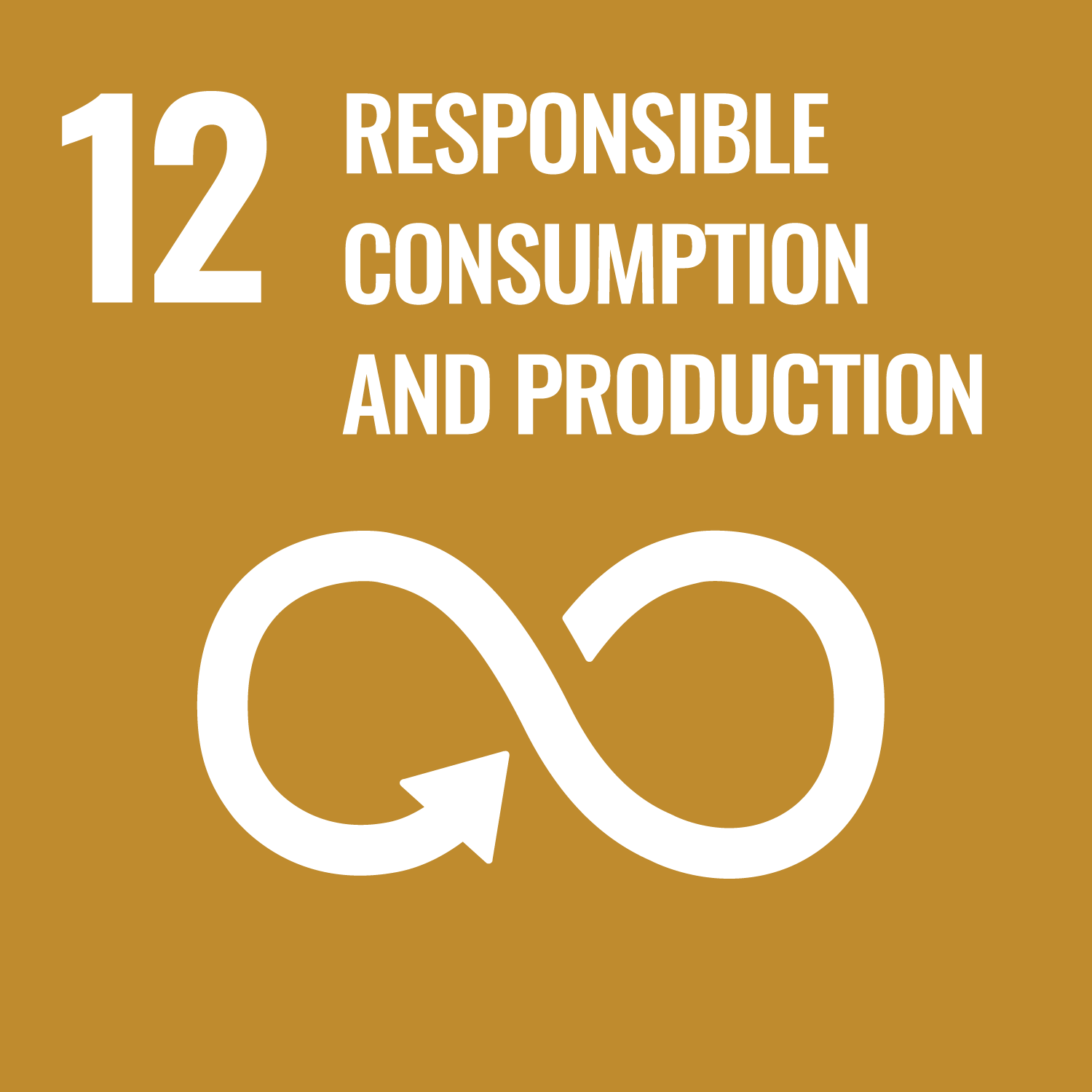
Ensure sustainable consumption and production patterns
The University's unique collaborative contract with a major waste management company aims to halve the University's landfill waste by 2021. An electric truck is servicing our Dunedin campus as part of this sustainability partnership.
Otago's E-Waste and E-Cycle Centre greatly reduces the amount of waste sent to landfill, and helps community groups gain access to computers.
A range of waste-reduction initiatives and Green Your Scene actions includes removing all disposable coffee cups from campus outlets. In 2020 we introduced incentivised reverse vending machines, which dispense vouchers to reward recycling of cans and plastic bottles.
University researchers working in the field of Food Waste Innovation are developing reduction strategies, applying innovative technology, and working to modify producer and consumer behaviour.
Climate action
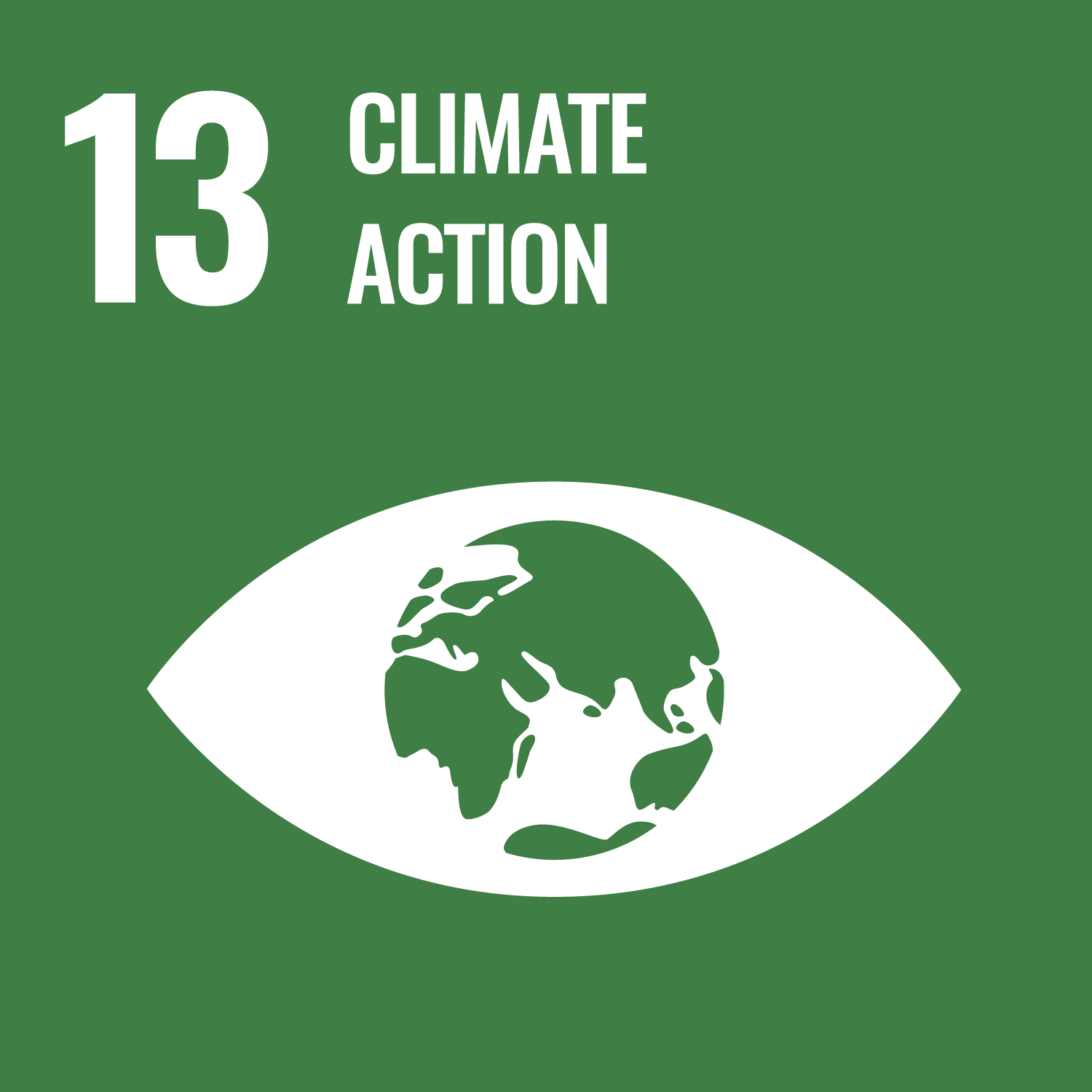
Take urgent action to combat climate change and its impacts
The University aims to reduce its total carbon footprint by 33% by 2020, be more than 20% more energy efficient by 2025, and be 100% renewable by 2030. We recently won a Green Gown Australasia award for our commitment and progress.
We are producing research into climate change modelling, mitigation and adaptation across many disciplines, and initiatives such as the Centre for Sustainability, Otago Climate Change Network and Mountain Research Centre. Together with the South Dunedin Community Network, the Centre for Sustainability is working with one of the most climate-exposed communities in New Zealand.
We are addressing transport with Park and ride staff shuttles, electric car fast chargers on campus, and programmes to build low-carbon commuting.
In 2019 the University signed an MOU with Dunedin Civil Defence Emergency Management, outlining how the University will provide support to the wider city of Dunedin in an emergency, including climate-driven disasters.
Life below water
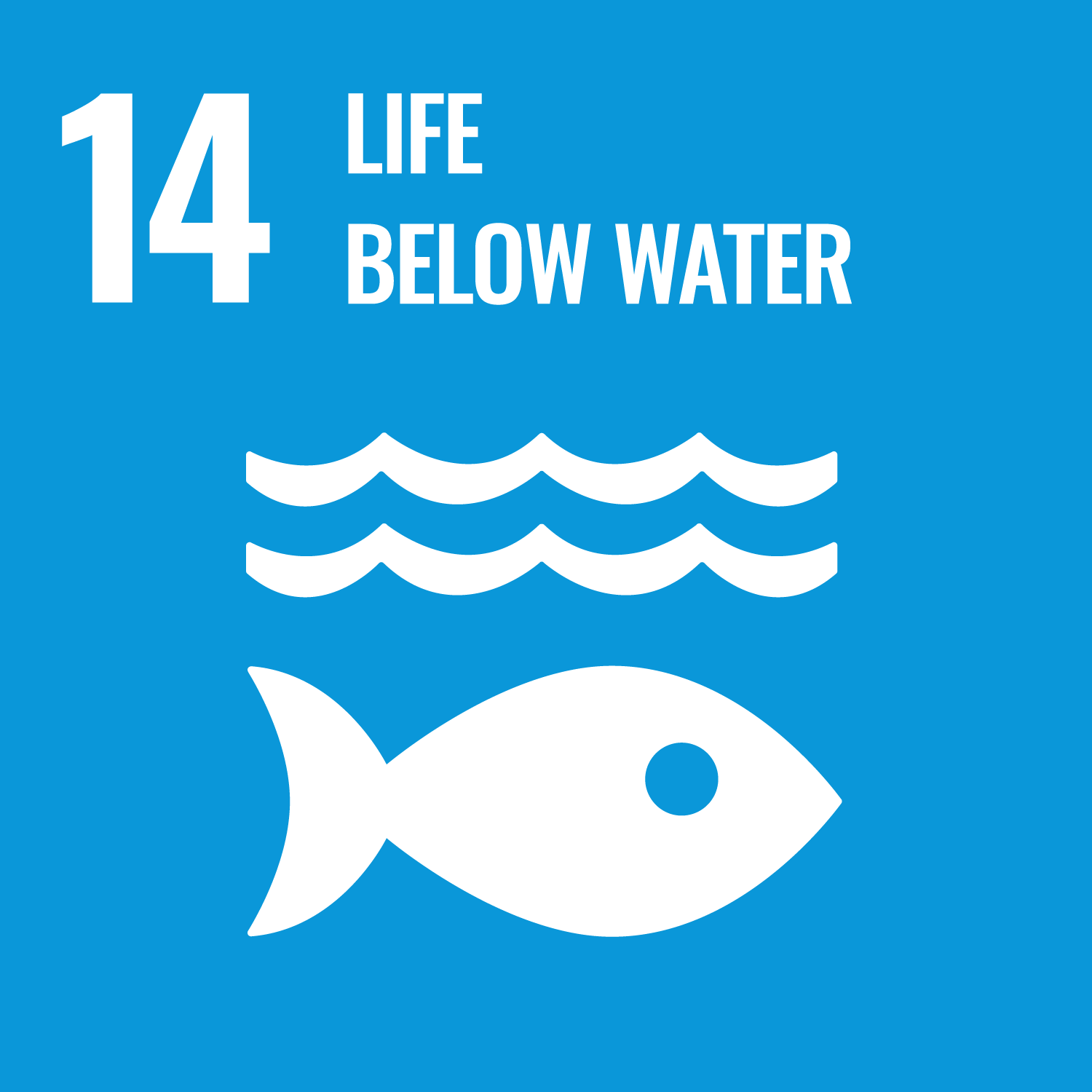
Conserve and sustainably use the oceans, seas and marine resources for sustainable development
We are producing leading research and teaching about marine conservation, fisheries and eco-systems.
Otago's Marine Studies Centre runs an aquatic studies outreach programme and public aquarium. In 2019 more than 15,000 people took part in NZMSC educational programmes.
The research initiative Catchments Otago aims to support equitable and appropriate land and water management within the Otago and Southland regions.
The project Te Tiaki Mahinga Kai complements local and customary knowledge, and supports community-based management of coastal fisheries.
The Source to Sea project enables local school children to learn about their watercourses, and make plans for sustainable action to enhance and monitor the catchments in the future.
Life on land
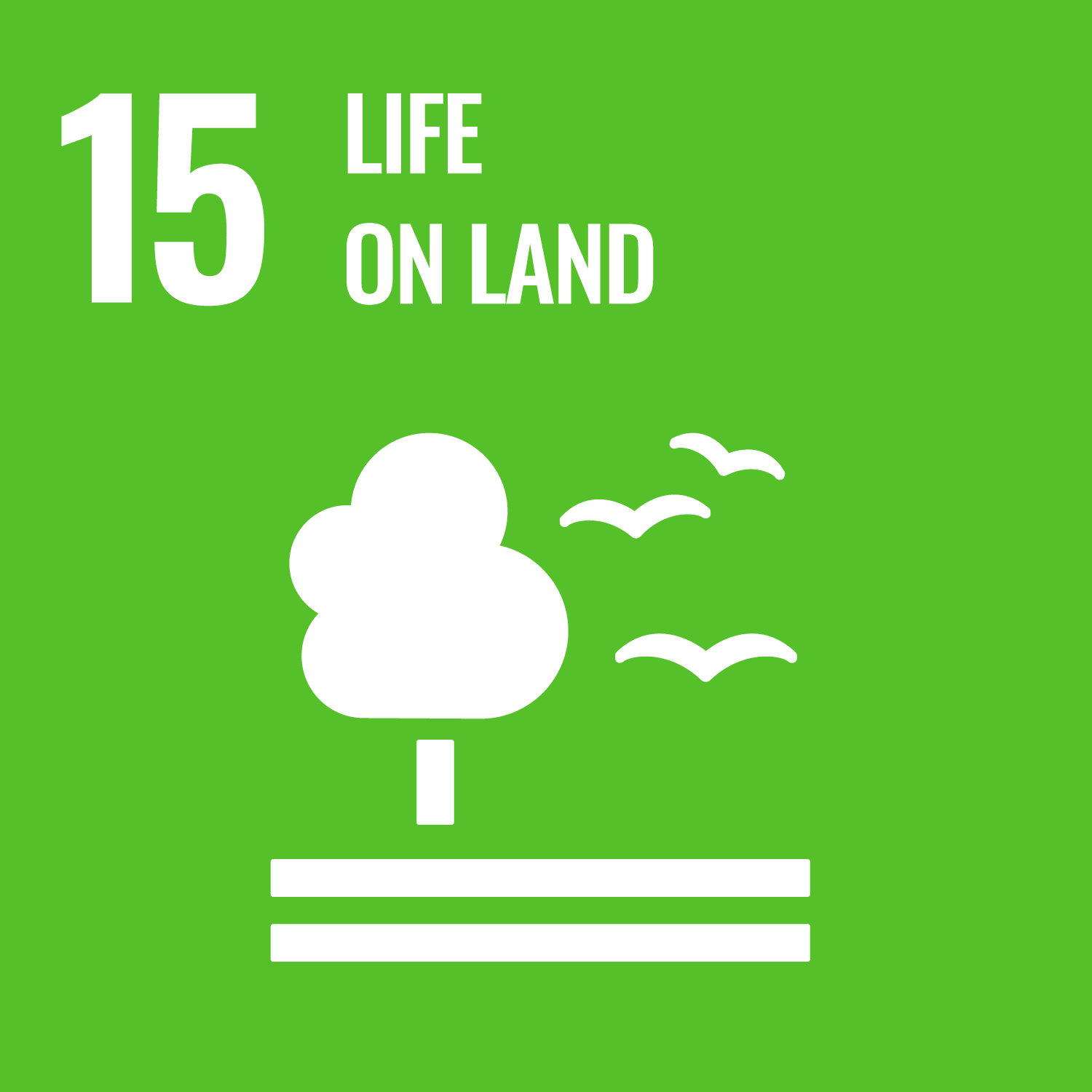
Protect, restore and promote sustainable use of terrestrial ecosystems, sustainably manage forests, combat desertification, and halt and reverse land degradation and halt biodiversity loss
In 2019 we launched a new programme in Agriculture Innovation, which emphasises sustainability, environmental security, and climate stabilisation. Ag@Otago hosts and supports events for New Zealand farmers to connect and transfer knowledge.
Our Science Wānanga are three day, hands-on experiences for Māori secondary students. Staying on marae with university students, scientists and kaumātua, students participate in real science in their local communities.
In 2019 Otago commenced a collaborative research project focused on protecting the native kauri tree and other treasured species from disease. More than two decades of collaboration between the University and the Department of Conservation on Stewart Island has increased scientific knowledge of sand dunes and aided in their restoration.
Student participation includes a major Glacier Clean up and the Wildlife Hospital Street Appeal. We are working with other organisations to achieve Predator Free Dunedin status by 2050.
The University's Ecology Programme promotes community events such as tree planting, wetland planting, fauna counts, rubbish clean ups, eco sanctuary visits and public talks. The Centre for Sustainability runs regular seminars on a wide variety of topics, including agricultural sustainability, indigenous environmental management, and agroecology.
We are committed to sustainability in the built environment, and strict care for hazardous material management.
Peace, justice and strong institutions
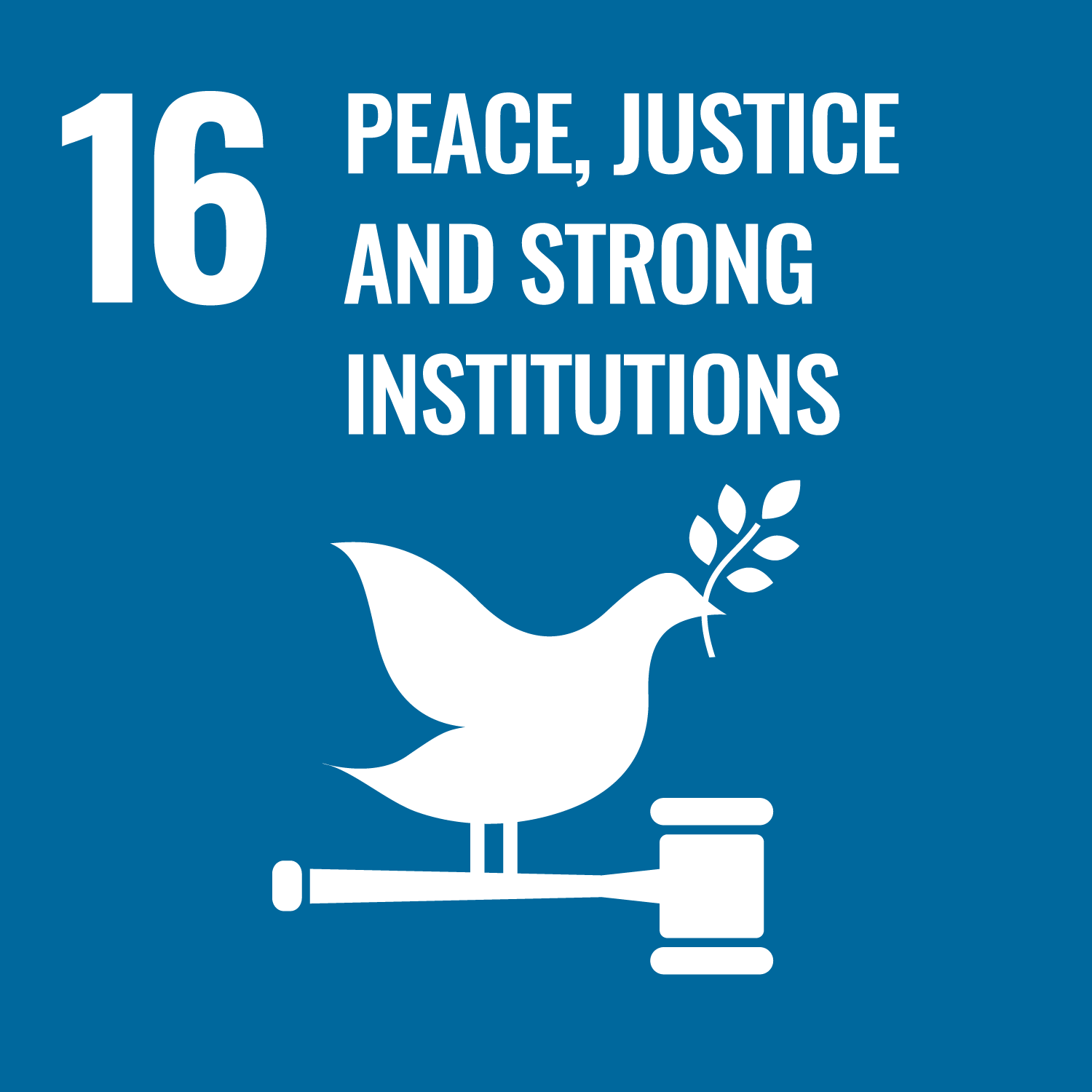
Promote peaceful and inclusive societies for sustainable development, provide access to justice for all and build effective, accountable and inclusive institutions at all levels
The University has strong and widely representative university governance bodies, which protects academic freedom, informed public debate and community participation.
We have deep involvement with national and international law and policy development, and provide outreach, upskilling and capacity-building to policy- and law-makers.
The University has many specialist centres through which we provide expert advice, such as the Dunedin Study, the Children's Issues Centre, the Legal Issues Centre, and the NZ Law Foundation Centre for Law and Policy in Emerging Technologies.
We undertake policy-focused research in collaboration with government departments through the New Zealand Centre for Sustainable Cities, the Maori Centre of Research Excellence, the Health Promotion and Policy Research Unit, and others.
We are a key partner in the Grow Dunedin Partnership - a unique and leading economic development project for the Otago region. Student volunteers strongly support Community Law Otago and Red Cross refugee settlement programmes.
Partnerships for the goals
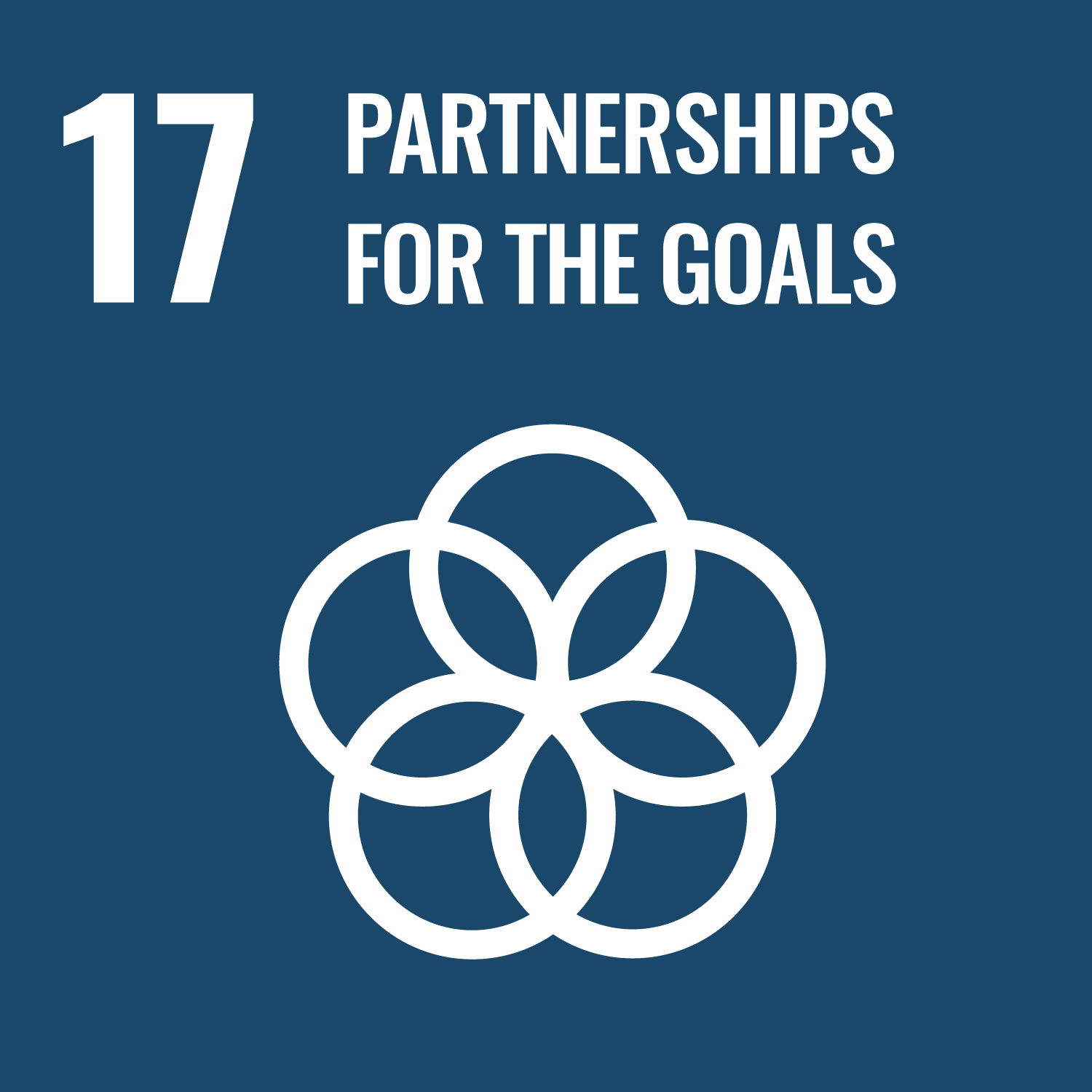
Strengthen the means of implementation and revitalize the global partnership for sustainable development
Otago was officially acknowledged as a United Nations Regional Centre of Expertise (RCE) for Sustainability in January 2020, and University representatives work alongside various institutions, councils, businesses and groups.
More than 42,350 volunteer hours were undertaken by around 6,000 Otago students in 2019, and the student volunteer centre UniCrew worked with 65 community organisations. The work of the Social Impact Studio is underpinned by the SDGs.
In 2019 we co-hosted the Australasian Campuses Towards Sustainability (ACTS) annual conference, and made a joint Universities NZ submission to New Zealand's first voluntary review of the SDGs.
